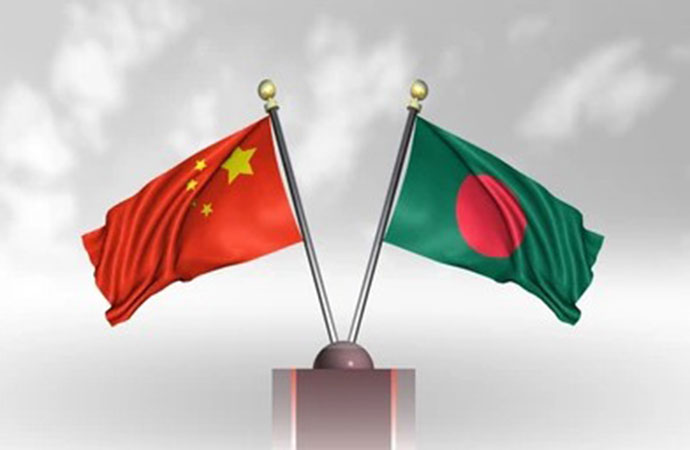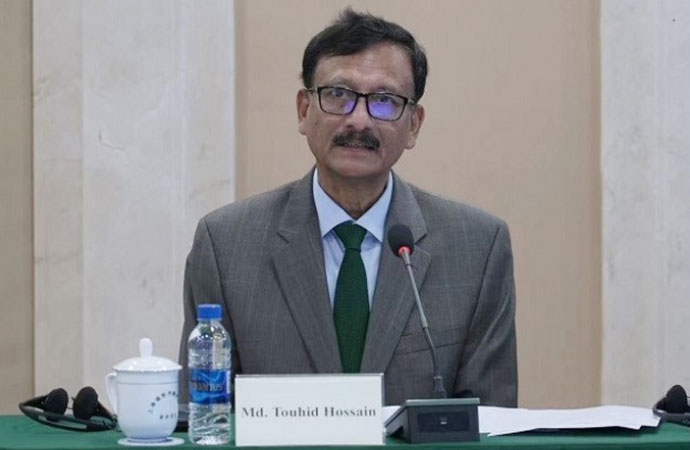Featured 1

Image: Collected
While the Chief Adviser may be attracting all the headlines at the World Economic Forum in Davos, the Foreign Affairs Adviser is on an important bilateral visit to China. Now close to six months on from the dramatic events of last July-August, following which the interim government came to office, its relationships with foreign governments are starting to mature, and becoming clearer.
The troubled state of the relationship with India, which saw a massive chunk of the goodwill it enjoyed in Bangladesh sink with the Awami League, continues to leave a sour taste. The tensions witnessed along different points of the over 4,000km border between the two countries, involving even civilians in some of the latest incidents, speak to the poison infusing ties at present. The Indian army chief's recent statement suggests that we may not see any improvement during the tenure of the interim government. This makes it all the more notable that the government is proceeding with a renewed embrace of China, the other Asian superpower that we know had been engaged in a courtship of Bangladesh for a number of years, till it grew understandably frustrated by the last government's inability to free itself from India's influence. This was patently on display last year, as the then-prime minister refused to travel to China before India for her first bilateral visit following the 2024 election. Her eventual visit to Beijing, that followed on the heels of two trips to Delhi (one for her counterpart's inauguration following his own election) proved underwhelming on a number of fronts, not least the failure to win any concessions on the country's growing debt burden from Chinese loans.
Beijing had mostly adopted a wait-and-see approach in the aftermath of the August 5 uprising in Bangladesh. Like most observers, it was caught off guard by what transpired, and some of the early speculation that abounded in international circles, that suggested the involvement of foreign intelligence agencies, would have caused it to be apprehensive. Over time though, it would seem to have understood the organic nature of the uprising. We know that Beijing's envoy in Dhaka has been engaging as much as possible with all the different forces on the ground, to try and arrive at an understanding of the changed scenario. These efforts would now seem to have borne fruit, in the form of the adviser's trip this week, that signalled Beijing's readiness to engage fruitfully with Dhaka again.
The first day of the trip yielded an important concession in the form of 10 extra years to pay off Chinese loans, and a commitment to consider lowering interest rates, both of which were pointedly refused to Sheikh Hasina when she was there just before the movement that overthrew her started exploding. These were just part of the wide-ranging discussions the adviser held with the sage-like Wang Yi, who is back at the helm of China's Foreign Ministry. Wang reiterated Chinese support for the government's reform and development initiatives towards an eventual democratic transition and stability in Bangladesh. The two countries celebrate the golden jubilee of bilateral relations this year. All in all, the celebrations could be said to have started already.

























Leave a Comment
Recent Posts
Pedaling Through the Mangroves ...
The journey from the bustling streets of Barishal to the serene, emera ...
Why the Interim Government mus ...
Two weeks out from what is expected to be a red letter day in the figh ...
Doesn’t matter who thinks what about Bangladesh deci ..
The Other Lenin
US President Donald Trump said his administration
Govt moves to merge BIDA, BEZA, BEPZA, MIDA